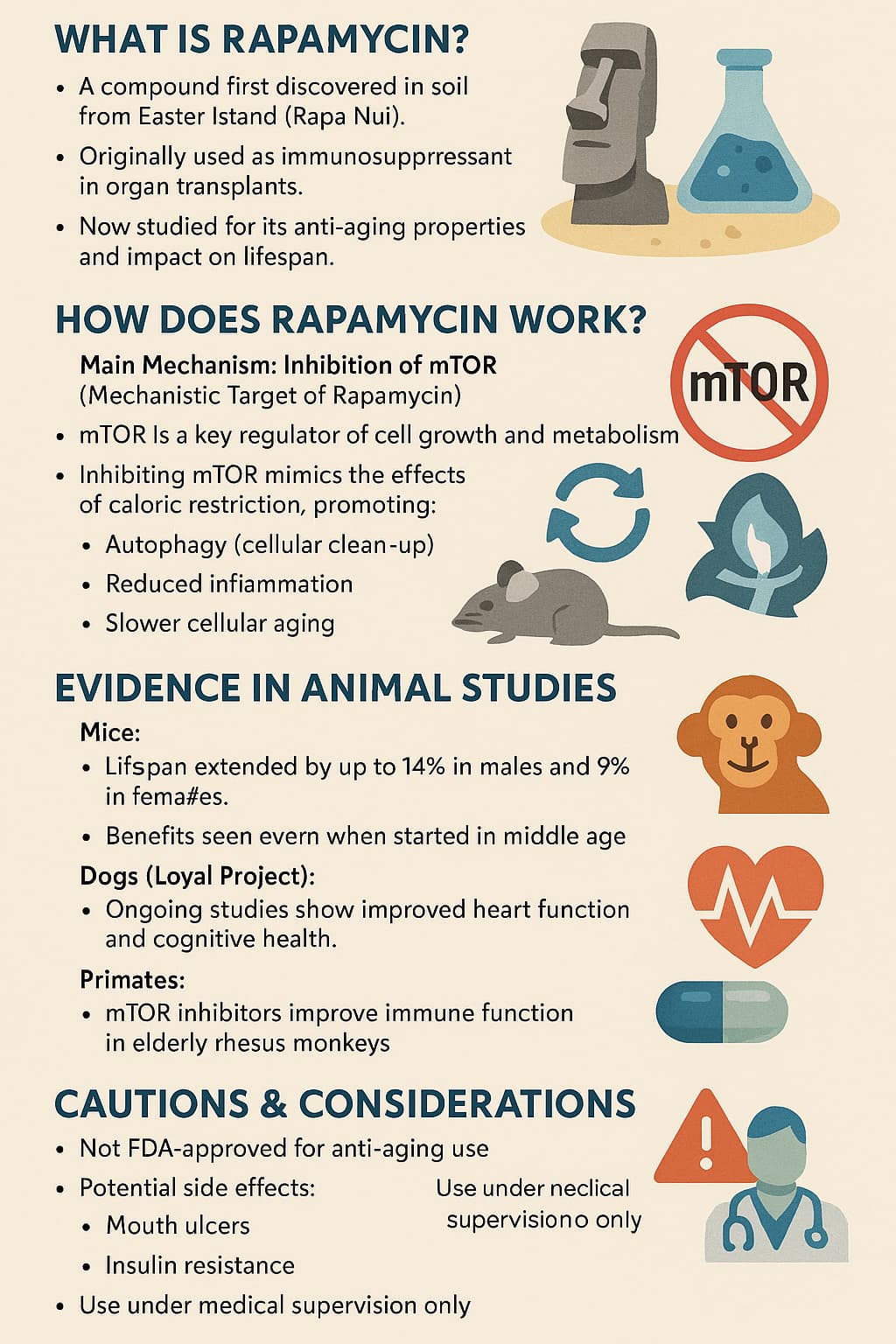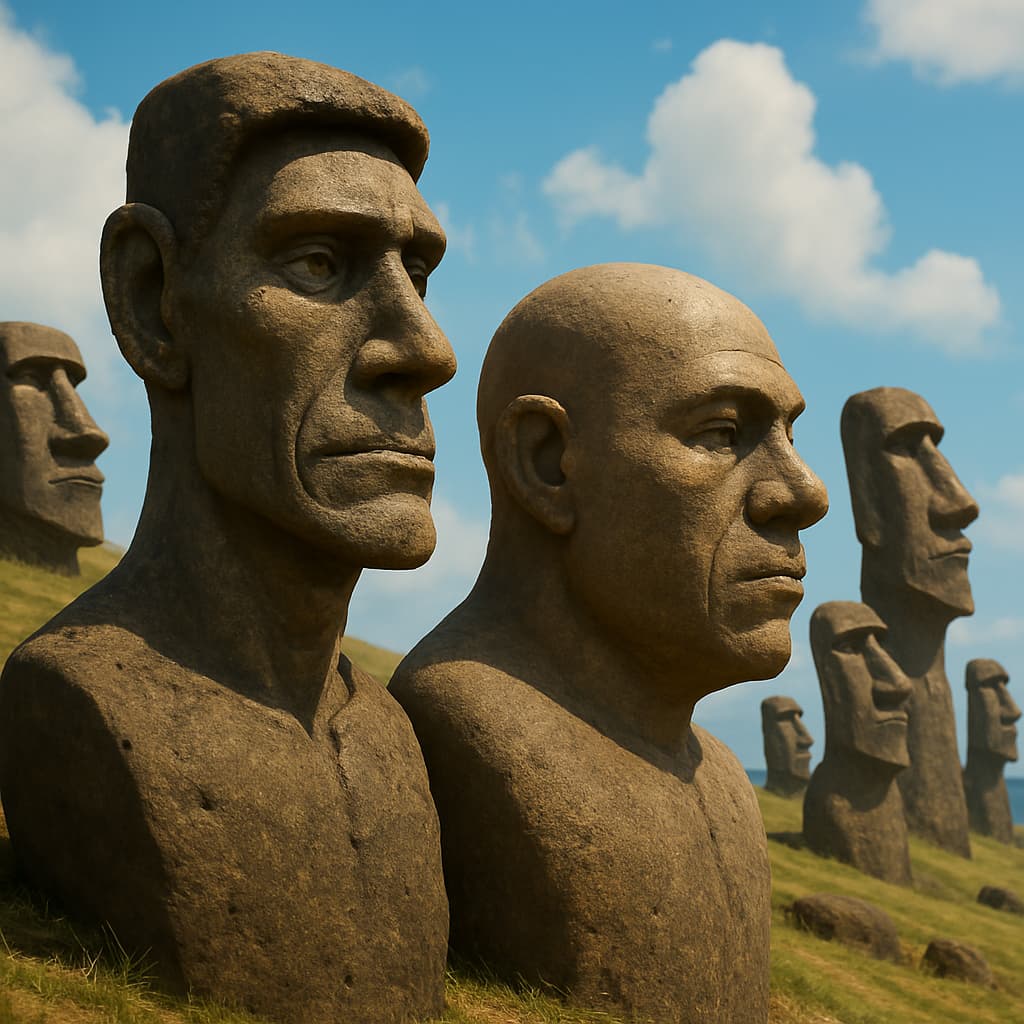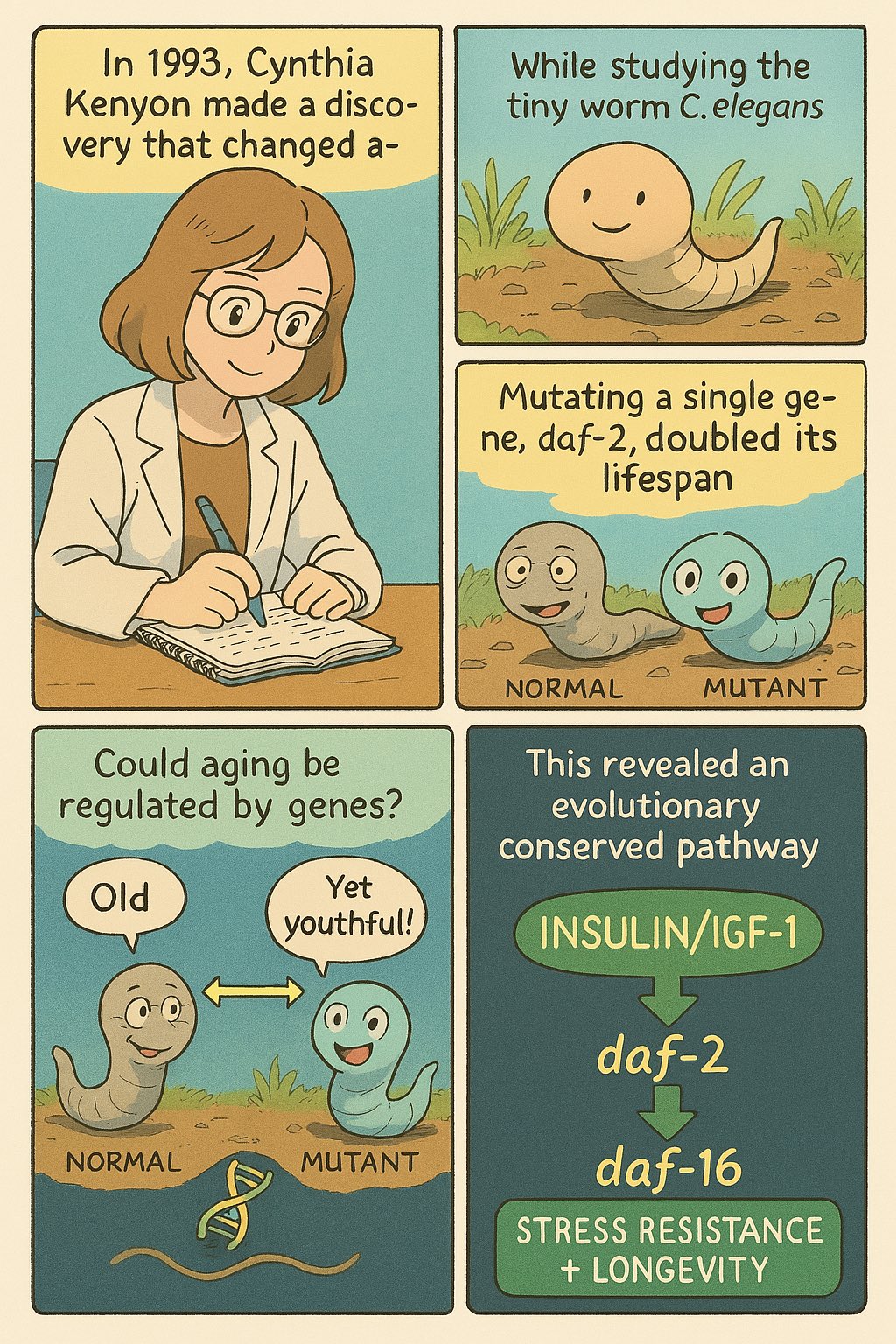Perhaps not, I’m just playing with the free version.
You can try to replicate the examples in the blogpost to see if you have the new model.
Dogs (Loyal Project) - eh? What does this have to do with rapamycin? Current AI efforts are a clown show. What’s the point, when you can’t trust anything this thing puts out? Old rule of computing applies: GIGO - Garbage In Garbage Out. Personally I lack the time and inclination to deal with garbage.
I don’t recognize those two, who are they?
Matt Kaeberlein and Peter Attia?
Uploading images of both in the prompt might add the facial features.
I think based on this model, it looks like image generation is pretty much solved soon (able to create or recreate any image possible). That it doesn’t know what should be in the text isn’t surprising to me, the text generation part of the model might not have that many parameters, e.g a smaller GPT 3 equivalent.
Video won’t be far off, then after that real time video (like video game or worlds).
Supposed to be Attia and Kaeberlein. I took a couple of photos off the internet, but it’s hard to keep distinctive features while become elongated stone heads.
I was thinking the bald guy looks like Shrek or Joe Rogan
There is literally zero resemblance to those two. As to keeping distinctive features, that’s the essence of the talent of human caricaturists. The ability to severely distort the form and still have it be recognizable. I bet you a human cartoonist illustrator would be able to draw these stone heads so you’d instantly recognize whom they’re supposed to represent. Spectacularly clear that AI has a very long way ahead of it in this regard.
Read the full report:
U.S.'s AI lead over China rapidly shrinking: Stanford report
https://www.axios.com/2025/04/07/china-ai-race-stanford-report
AI race in 2025 is tighter than ever before
State of the industry report also shows that 2024 was a breakthrough year for small, sleek models to rival the behemoths.
https://www.nature.com/articles/d41586-025-01033-y
One of the most promising areas for AI is health. One reason for that is because our current health system is so disjointed. WSJ (Gift Article): “A neurologist focused on my head pain but not my diet; a gastroenterologist examined gut inflammation and ignored my migraines; an ear, nose and throat doctor probed sinus inflammation, missing other factors. Each offered partial help, but no one connected all the dots … That’s precisely where AI excelled.” AI Helped Heal My Chronic Pain. (When I entered my symptoms into AI, it suggested my chronic pain could be coming from sitting at my computer talking to AI all day…)
A new AI coaching App to help you build healthy habits. Seems interesting, from a Meta AI researcher. I’ve downloaded it and its currently in “Beta”.
ThrivePal: https://www.thrivepal.com
Good Podcast with the founder:
Y-Lan Boureau is the founder & CEO of ThrivePal, an OpenAI-funded AI startup, and a former Meta AI researcher. Boureau joins Big Technology Podcast to discuss why the next frontier for AI should be science‑backed coaching that nudges us toward healthier habits and deeper real‑world relationships. Tune in to hear how large‑language models can push users to lift weights, regulate emotions, and support their friends’ growth.
Meanwhile, here in San Francisco in the news today…
Behind the Curtain: A white-collar bloodbath
Anthropic CEO Dario Amodei is warning that AI could wipe out half of all entry-level white-collar jobs within five years but says no one in power is taking the threat seriously. Axios has more here.
Dario Amodei — CEO of Anthropic, one of the world’s most powerful creators of artificial intelligence — has a blunt, scary warning for the U.S. government and all of us:
- AI could wipe out half of all entry-level white-collar jobs — and spike unemployment to 10-20% in the next one to five years, Amodei told us in an interview from his San Francisco office.
- Amodei said AI companies and government need to stop “sugar-coating” what’s coming: the possible mass elimination of jobs across technology, finance, law, consulting and other white-collar professions, especially entry-level gigs.
Why it matters: Amodei, 42, who’s building the very technology he predicts could reorder society overnight, said he’s speaking out in hopes of jarring government and fellow AI companies into preparing — and protecting — the nation.
Few are paying attention. Lawmakers don’t get it or don’t believe it. CEOs are afraid to talk about it. Many workers won’t realize the risks posed by the possible job apocalypse — until after it hits.
- “Most of them are unaware that this is about to happen,” Amodei told us. “It sounds crazy, and people just don’t believe it.”
- “Cancer is cured, the economy grows at 10% a year, the budget is balanced — and 20% of people don’t have jobs.” That’s one very possible scenario rattling in his mind as AI power expands exponentially.
https://www.axios.com/2025/05/28/ai-jobs-white-collar-unemployment-anthropic
This reminds me of Amara’s law:
We tend to overestimate technology in short run and underestimate in long run!
I was listening to Simon Sinek the other day when he pointed out when the factory workers were worried about losing their jobs to automation, the knowledge workers didn’t want to do anything to help them and only advised them to learn new skills.
Now that the knowledge workers are going to lose their jobs, their reaction is quite different.
Very interesting take!
Not sure if he was referring to Ludites but I wonder top shelf knowledge workers will keep their crown, mid levels and entry level knowledge workers are going to be displaced and actual workers “in the floor” like nurses, cooks, plumbers, electricians will not only keep their jobs but will be compensated a lot more.
I also found his remarks to be quite poignant.
He was referring to the US factory workers losing jobs to automation while the elites suggested they learn new skills.
To your point, he did mention something to the effect of maybe coders should now learn how to be plumbers.
For those who don’t follow him, I’ll add he was really just making a point. He’s a compassionate man and was in no way minimizing the uncertainty of many white collar workers. Instead, he pointed out the lack of empathy they had when it was others whose jobs were at risk.





